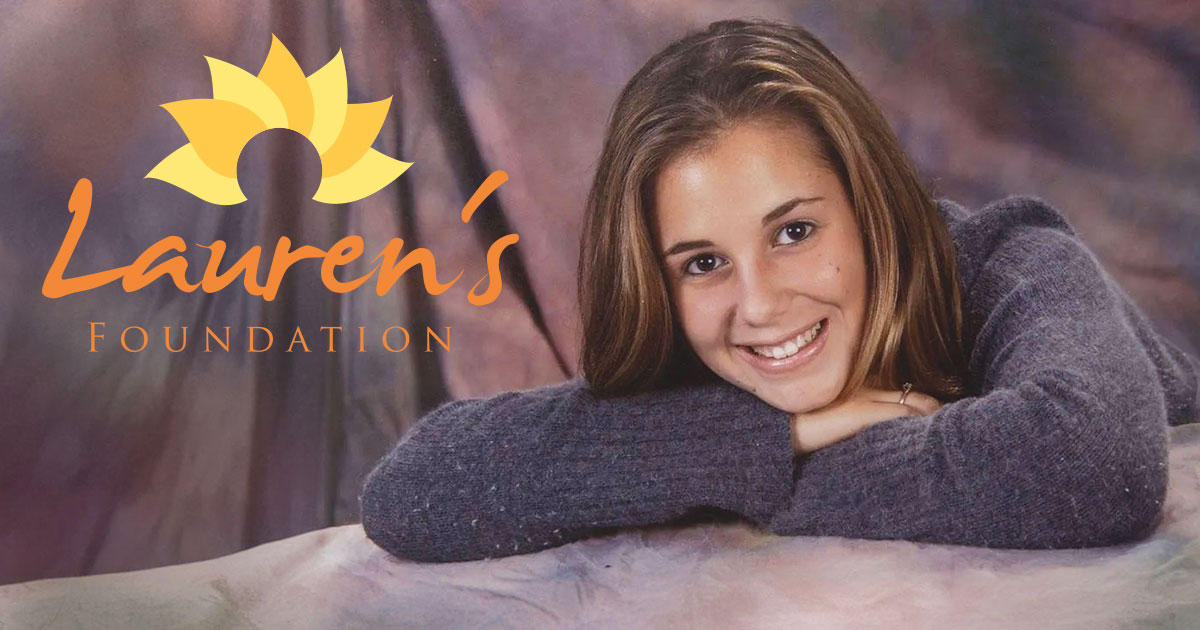In the records of American criminal justice, few cases have collected as much attention and controversy as Lyle and Erik Menendez endured. Convicted of the brutal murders of their parents, Jose and Kitty Menendez, the brothers have spent more than three decades behind bars.
While their actions were undeniably horrific, a closer examination of the circumstances surrounding the case reveals a complex web of abuse, manipulation and psychological trauma that calls into question the fairness of their life sentences. It is time to reconsider the Menendez brothers’ unfortunate circumstances and advocate for their release.
To understand the Menendez brothers’ actions, one must dive into the deafening environment in which they were raised. Jose Menendez, a wealthy entertainment executive, was known for his bully-like and abusive behavior. Both Lyle and Erik have consistently maintained that they endured years of physical, emotional and sexual abuse at the hands of their father.
This alleged abuse at the claim, drove them to a breaking point, building up to the tragic events of Aug. 20,1989. While some may dismiss these allegations as a convenient defense, numerous accounts from family members, friends and therapists lead to the brothers’ claims of a deeply dysfunctional and abusive household.
The initial trial of the Menendez brothers was ruined by exploitative journalists and media frenzy. The prosecution painted Lyle and Erik as cold-blooded killers motivated by greed and a desire to inherit their parents fortune. However, this narrative oversimplifies the profound psychological impact of prolonged abuse.
According to a CBS news article, “The defense argued that the brothers acted out of fear for their lives, believing that their parents would kill them if they did not act first.” This argument rooted in the concept of “battered person syndrome” highlights the psychological toll of sustained abuse and the desperate measures victims may take to escape their tormentors.
Furthermore, many people thought the legal charges were possibly biased. The first trial ended in a hung jury, with jurors unable to reach a unanimous verdict. This outcome suggests that reasonable doubt existed regarding the brothers’ guilt and the extent to which their actions were driven by fear and trauma. However, the second trial held in 1995 resulted in a conviction, with the brothers receiving life sentences without the possibility of parole. Strikingly, the second trial excluded crucial evidence of abuse, significantly hampering the defense’s ability to present a comprehensive case.
The Menendez brothers’ case also raises lots of questions about the criminal justice system’s treatment of abuse victims. Society has made significant strides in understanding the psychological effects of abuse and the complex dynamics of abusive relationships. However, the Mendendez case underscores the need for continued reform and a more delicate approach to cases involving abuse victims who commit violent acts towards their abuser(s). It is essential to consider the full context of their actions and the extent to which their behavior was shaped by their traumatic experiences.
In recent years, there has been a growing movement advocating for the Menendez brothers’ release. Supporters argue that the brothers have already served a significant portion of their sentences and have demonstrated remorse and rehabilitation during their time in prison. Both Lyle and Erik have been model inmates, participating in educational and therapeutic programs and maintaining strong relationships with their families and communities. Their continued imprisonment serves no meaningful purpose and only continues the cycle of trauma and suffering.
Furthermore, the Menendez brothers’ case serves as a sharp reminder of the importance of addressing and preventing abuse. By acknowledging the profound impact of abuse on individuals and taking steps to provide support and resources for victims, society can work towards preventing such tragedies in the future. The release of Lyle and Erik Menendez would not only correct a grave injustice but also send a powerful message about the need for compassion, understanding and reform within the criminal justice system.
The Menendez brothers’ case is a tragic and complex story that demands another evaluation of their sentence. The evidence of abuse, the inconsistencies in their trial and their demonstrated rehabilitation all point to the need for their release.
It is time for society to recognize the profound impact of abuse and take meaningful steps towards justice and healing. By advocating for the Menendez brothers’ freedom, we can honor the principles of fairness,compassion and humanity that carry our justice system.
https://commons.m.wikimedia.org/wiki/File:Menendez-brothers-family-photo-1jpg-1727972852315.webp https://creativecommons.org/licenses/by/4.0/

































